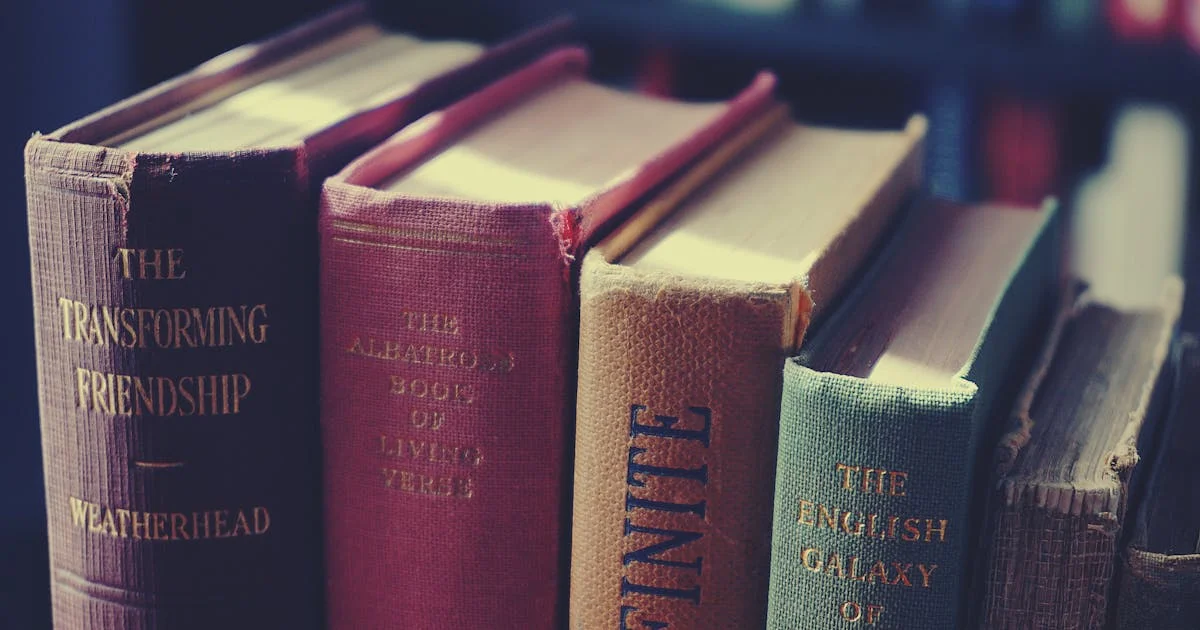
Classic novels are endless treasures that continue to charm readers across generations. They offer visions into different eras, cultures, and human experiences, making them important reads for literary improvement.
Criteria for Selection
Before diving into our list, it’s important to know what meets the requirements of the best classic novels. Novels are famous for their continuing popularity, cultural significance, and literary worth. These timeless works often discover universal themes such as love, morality, and the human condition, resonating with readers long after publication.
20 Best Classic Novels
1. “Pride and Prejudice” by Jane Austen
Published in 1813, “Pride and Prejudice” leftovers one of the most beloved classic novels in English works. Austen’s witty portrayal of manners, marriage, and social hierarchy in Regency England continues to charm readers worldwide.
2. “To Kill a Mockingbird”
Harper Lee’s Pulitzer Successful novel, published in 1960, meets racism and wrong in the American South. Through the eyes of young Scout Finch, readers witness the moral integrity of lawyer Atticus Finch in the face of prejudice.
3. “1984” by George Orwell
Written in 1949, George Orwell’s dystopian masterpiece “1984” remains a chilling warning against totalitarianism and government surveillance. Its themes of censorship, propaganda, and individual freedom are as relevant today as they were when it was first published.
4. “The Great Gatsby” by F. Scott Fitzgerald
Set against the setting of the Busy Twenties, “The Great Gatsby” is a haunting portrayal of the American Dream and its disillusionment. Fitzgerald’s stylish prose and bright characters capture the decadence and good decay of the Jazz Age.
5. “Moby-Dick” by Herman Melville
Herman Melville’s classic story of mania and revenge, published in 1851, is a timeless exploration of humanity’s struggle against nature and fate. “Moby-Dick” is a mythical masterpiece that researches themes of identity, morality, and the pursuit of truth.
6. “Jane Eyre” by Charlotte Brontë
“Jane Eyre,” published in 1847, is a classic coming-of-age story that follows the nominal character’s trip from an orphaned outcast to an independent lady. Charlotte Brontë’s everlasting story of love, forgiveness, and self-discovery continues to resonate with readers of all ages.
7. “The Catcher in the Rye”
J.D. Salinger’s iconic novel, published in 1951, is a moving exploration of teenage worry, alienation, and the search for genuineness. Through the rebellious voice of Holden Caulfield, Salinger captures the difficulties of adolescence with morality and empathy.
8. “Wuthering Heights” by Emily Brontë
Emily Brontë’s haunting tale of passion and revenge, published in 1847, remains a literary classic renowned for its dark romance and gothic atmosphere. The film “Wuthering Heights” delves into issues of love, treachery, and the pernicious influence of fixation.
9. “Great Expectations” by Charles Dickens
Charles Dickens’s beloved novel, first published in 1861, is a timeless tale of ambition, identity, and redemption. Through the experiences of young Pip, Dickens explores the complexities of social class and the transformative power of human connection.
10. “The Picture of Dorian Gray”
Oscar Wilde’s only novel, published in 1890, is a provocative exploration of beauty, morality, and the corrupting influence of vanity. “The Picture of Dorian Gray” remains a captivating masterpiece that challenges conventional notions of art and ethics.
11. “Crime and Punishment” by Fyodor Dostoevsky
Fyodor Dostoevsky’s psychological thriller, published in 1866, is a gripping tale of guilt, redemption, and the human psyche. Through the tormented character of Raskolnikov, Dostoevsky delves into the moral consequences of crime and the pursuit of justice.
12. “War and Peace” by Leo Tolstoy
Leo Tolstoy’s epic classic novel, published in 1869, is a sprawling masterpiece that chronicles the lives of Russian aristocrats during the Napoleonic Wars. “War and Peace” is renowned for its richly drawn characters, panoramic scope, and profound reflections on history and destiny.
13. “The Lord of the Rings”
J.R.R. Tolkien’s epic fantasy trilogy, first published in the 1950s, transports readers to the enchanting world of Middle-earth. “The Lord of the Rings” is a timeless tale of courage, friendship, and the struggle against evil, beloved by readers of all ages.
14. “Anna Karenina” by Leo Tolstoy
Leo Tolstoy’s tragic romance, published in 1877, is a sweeping tale of love, betrayal, and societal expectations in 19th-century Russia. “Anna Karenina” remains a poignant exploration of human relationships and the consequences of passion.
15. “The Adventures of Huckleberry Finn”
Mark Twain’s classic novel, published in 1884, is a satirical adventure story that tackles race, identity, and freedom in antebellum America. Through the irrepressible spirit of Huck Finn, Twain offers a searing critique of the moral hypocrisy of society.
16. “Frankenstein” by Mary Shelley
Mary Shelley’s groundbreaking classic novel, published in 1818, is a timeless tale of scientific hubris, existential dread, and the search for meaning. “Frankenstein” continues to captivate readers with its exploration of the ethical implications of scientific experimentation.
17. “Dracula” by Bram Stoker
Bram Stoker’s gothic horror classic novel, published in 1897, introduced the iconic vampire Count Dracula. “Dracula” remains a chilling masterpiece that explores themes of fear, desire, and the allure of the unknown.
18. “The Count of Monte Cristo”
Alexandre Dumas’ swashbuckling adventure, published in 1844, is a thrilling tale of betrayal, revenge, and redemption. “The Count of Monte Cristo” is a timeless classic that continues to enthrall readers with its gripping plot and unforgettable characters.
19. “Little Women” by Louisa May Alcott
Louisa May Alcott’s timeless coming-of-age classic novel, published in 1868, follows the lives of the four March sisters as they navigate love, loss, and sisterhood during the American Civil War. “Little Women” remains a beloved classic cherished for its warmth, humor, and enduring lessons.
20. “The Odyssey” by Homer
Homer’s epic poem, composed in the 8th century BCE, is a foundational work of Western literature that recounts the adventures of the Greek hero Odysseus as he journeys home from the Trojan War. “The Odyssey” is a timeless tale of courage, perseverance, and the longing for home that continues to inspire readers worldwide.
Conclusion
Classic novels hold a special place in the literary canon for their enduring relevance, timeless themes, and profound insights into the human condition. Whether you’re exploring the complexities of love and society in Jane Austen’s “Pride and Prejudice” or embarking on an epic adventure with Homer’s “The Odyssey,” these 20 classic novels offer something for every reader.







